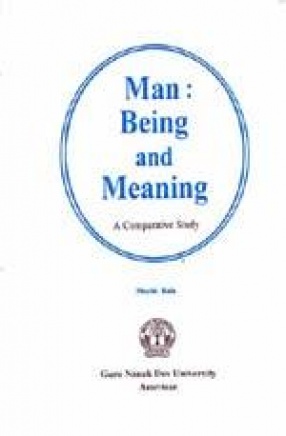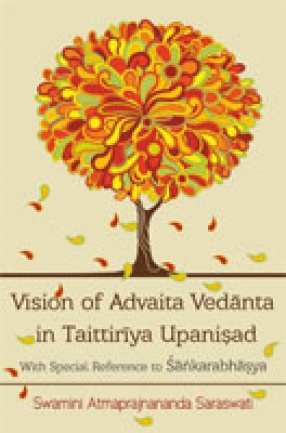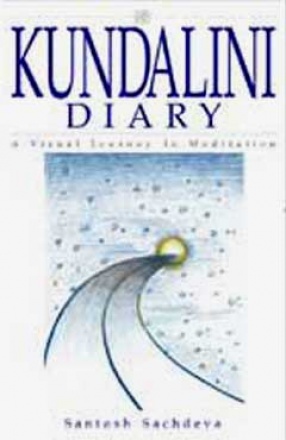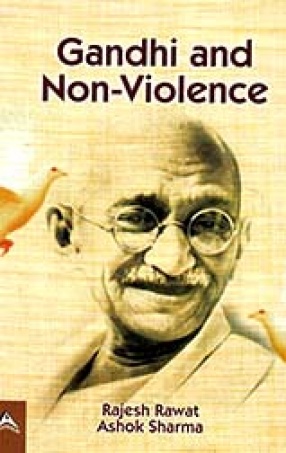The study of man in its different aspects, is the starting point of all philosophical speculation. The crucial problems of man’s life as a whole, its meaning, man’s dignity, freedom, individuality as well as his orientation to inner spirit and his relation to the outward world are subject to deep exploration in all religions and philosophies of the East and West. Man is a conscious being with adaptive powers and capacities to control his own development. The pertinent questions about man, according to Ruskin are Whence did I come; what am I; whither a I going? The present project is an exclusive and comprehensive study of man as portrayed in the bani of Guru Nanak and in the context of Indian philosophical tradition. It is repeatedly stated in the bani that man is a combination of the spiritual and the corporeal and has the inner potentialities to crub his lower nature and to transcend to the higher level. The approach to the study involves both the descriptive and normative dimensions. Whereas the first and second parts of this treatise are concerned with the essence of man and his existential situation, the third and fourth parts are concerned with the purpose of human existence. This treatise is divided into four parts. The first part of the treatise studies the origin and position of man in the hierarchy of creation, constitution of man, body, and mind as well as the nature of self or atman and its difference from ego. The second part deals with the existential status of man, taking into consideration such issues as evil and suffering, cause of which lies in man’s own deeds i.e. law of karma and its related principle of transmigration of soul and rebirth. The third part delves into the most imperative philosophical issue regarding the meaning of human existence, explicating the prevalent philosophical views about death and immortality and the ways of self realization by transcendence of ego-consciousness. Besides, it deals with the problem of freedom as assigned to man in the choice of actions as well as the nature of spiritual freedom. The fourth part studies man in relation to society and lays stress on the need to reconstruct society in the light of religious ideals. Society is an indispensable part of man’s life and this point is highlighted by condemnation of asceticism as well as reconciliation of the spiritual and the temporal aspects of life. The importance of the study of this work becomes clear from the nature of the subject under consideration. Life of man on earth is transitory and death is inevitable. From birth to death, man’s life is a continuous struggle to find the meaning of his existence. This type of man’s predicament has given rise to certain philosophical issues. This treatise is a detailed study of these issues pertaining to their origin and development in the Indian philosophical tradition as well as their explicit exposition in the bani of Guru Nanak. No exclusive research work has so far been done to explore this concept and its possibilities. The present study will certainly provide new dimensions to the thought as it tends to elucidate the pertinent philosophical issues and their social implications. An attempt is made to explicate the major philosophical problems, in simple and clear language understandable by the common readers interested in the subject. It is, therefore likely to be of interest no only for the research scholars but also for those who are in search of reality.
Vision of Advaita Vedanta in Taittiriya Upanishad: With Special Reference to Shankarabhashya
This book unveils the vision ...
$52.20
$58.00





There are no reviews yet.